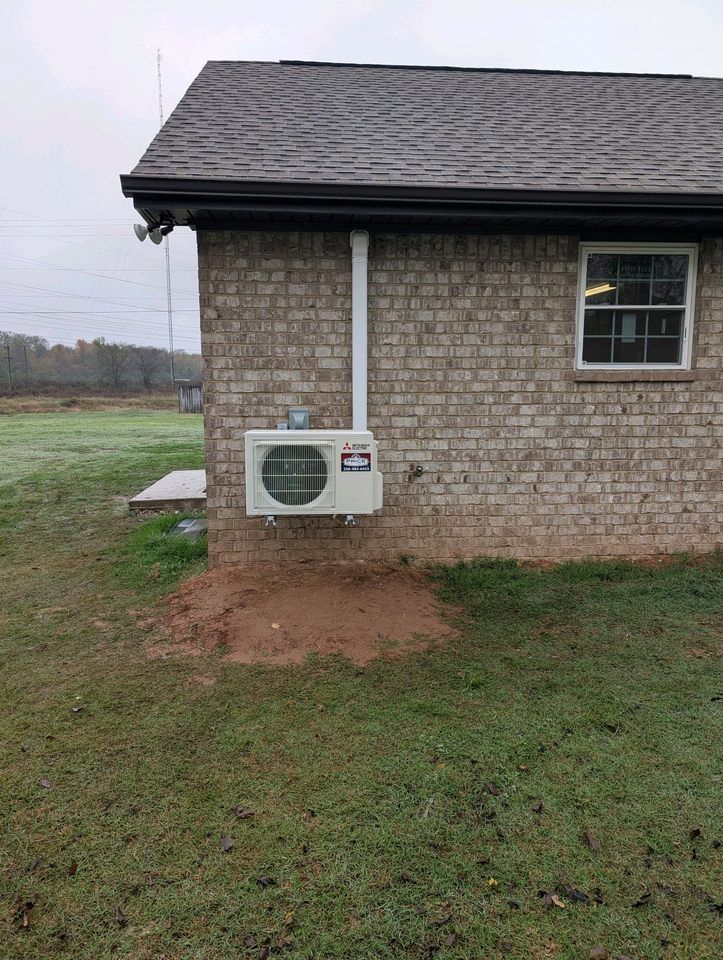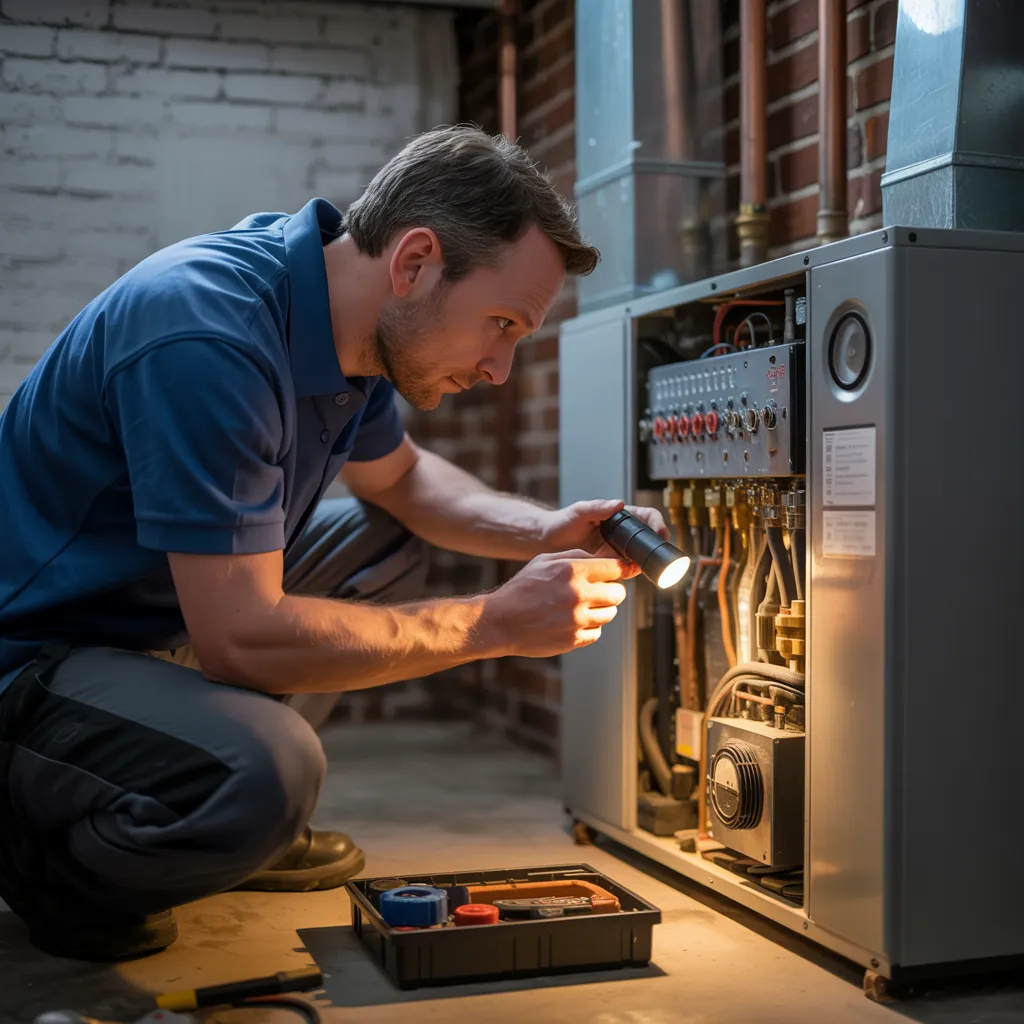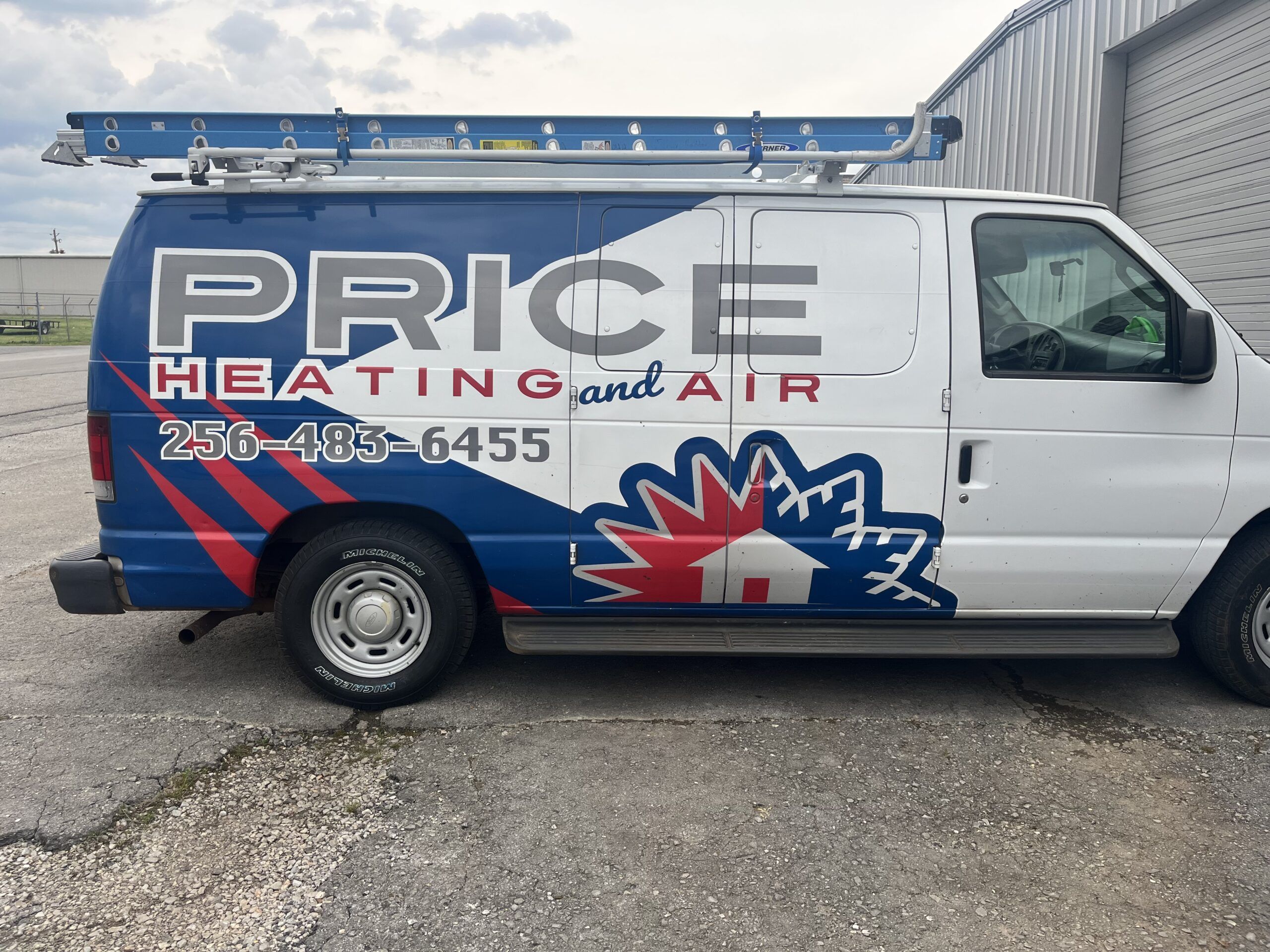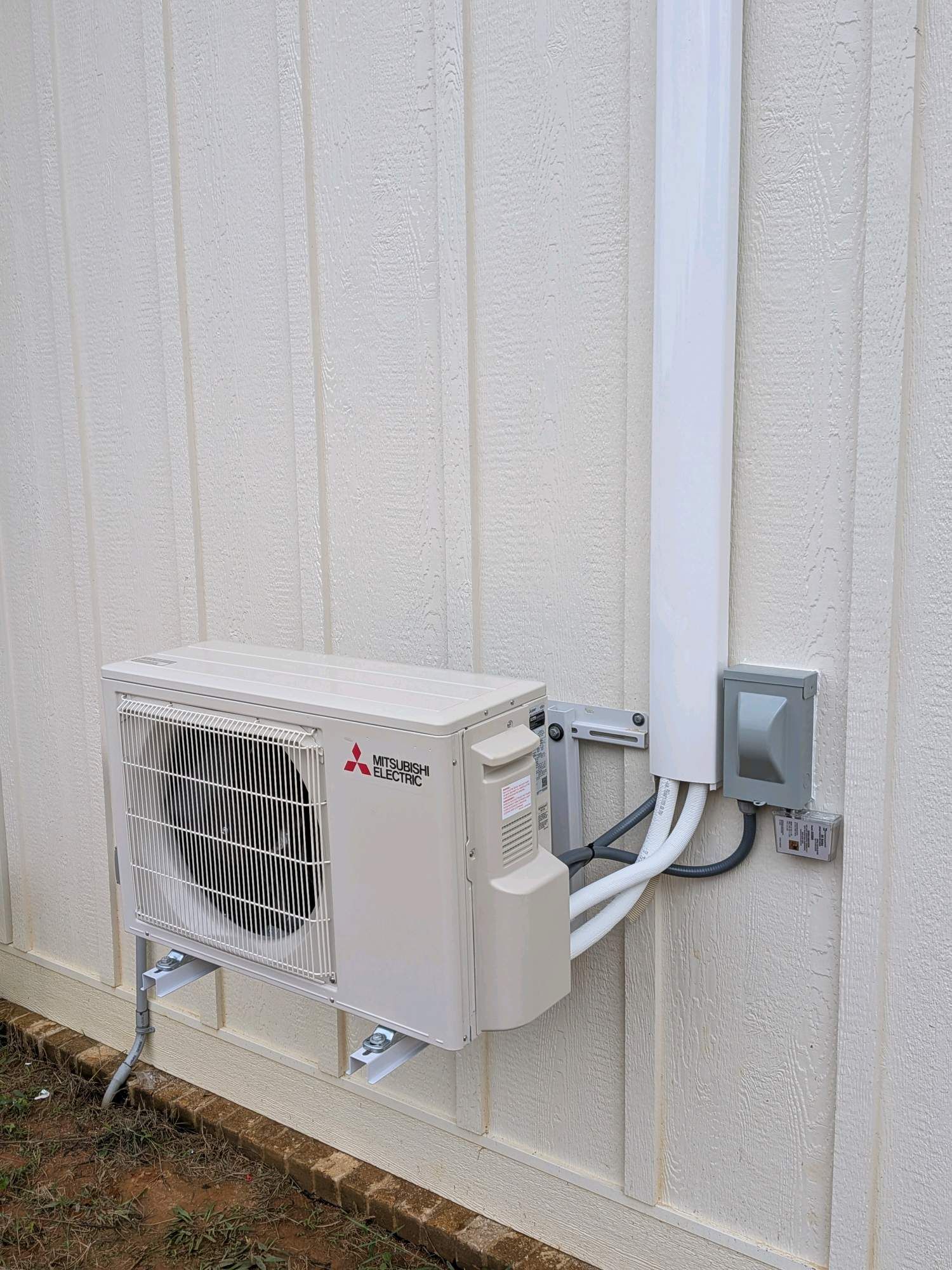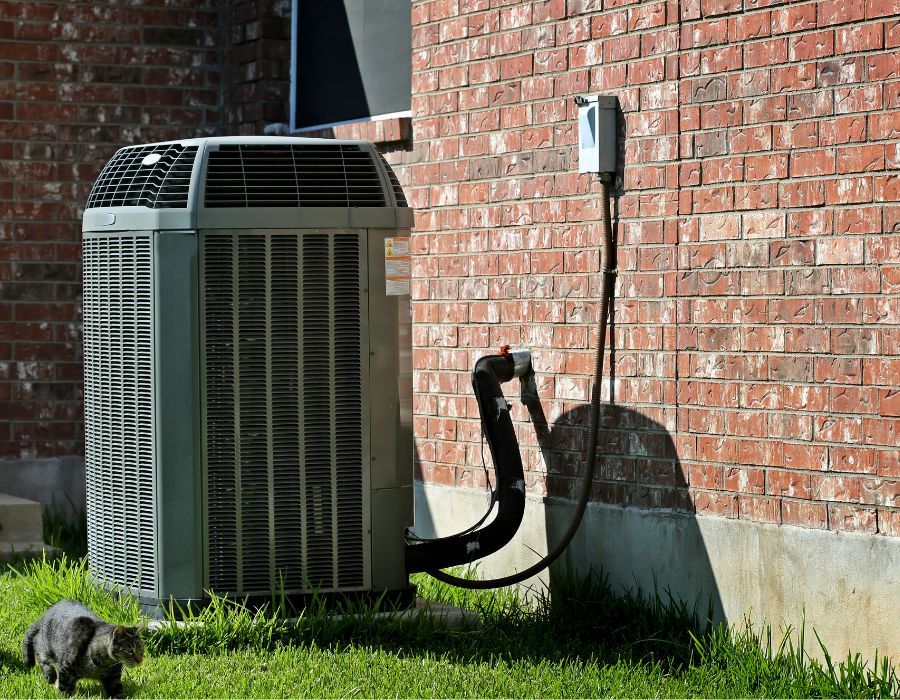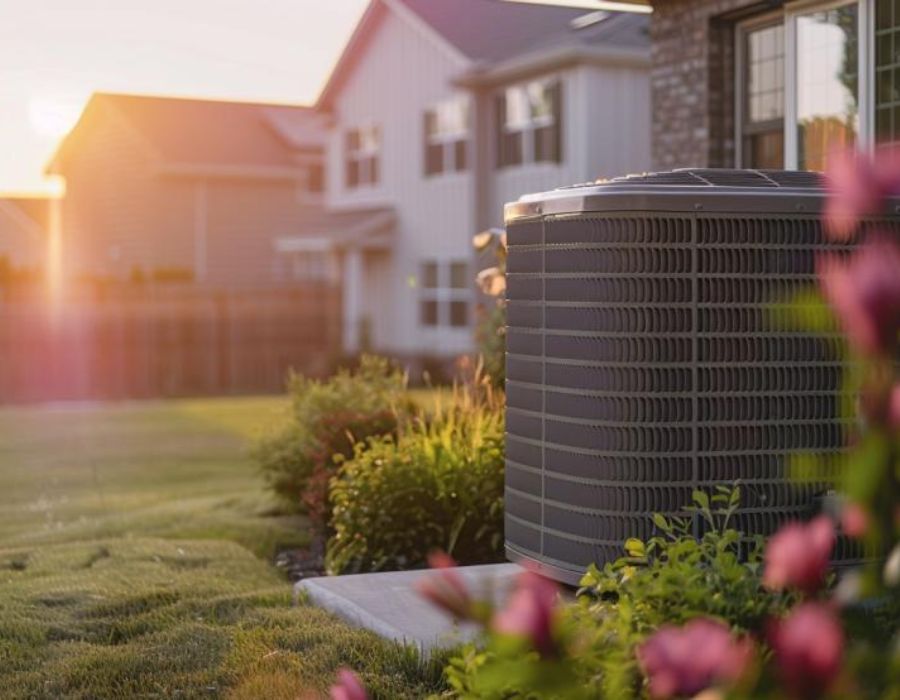How to Identify Why Your Electric Bill Is High
Electric bills can skyrocket without warning, leaving many homeowners confused about the cause. Inefficient appliances, poor insulation, and extreme weather conditions can all contribute to increased energy costs. By understanding these factors, you can take steps to reduce your usage and save money. Many homes struggle with inefficient heating or cooling systems that run unnecessarily. If you are dealing with rising energy bills, check out our cooling and heating services to improve your home’s efficiency. Understanding where the excess energy usage occurs can help you better manage your costs and lower your electric bill over time.
Common Causes of High Electric Bills
Inefficient Appliances
Inefficient appliances can use more energy than necessary, driving up your electric bill. Older appliances or those that aren’t maintained well can consume a lot of power. For example, refrigerators, washing machines, and dishwashers that are not energy-efficient may run longer to do the same job. This leads to wasted energy. You might also notice higher bills if you have appliances that are out of date or haven’t been serviced in a while. Replacing old or inefficient appliances with newer, energy-efficient models can save you money over time. Maintaining appliances and using them wisely can also help reduce costs.
Old HVAC Systems
Old HVAC systems are another common cause of high electric bills. As heating and cooling units age, they become less efficient. They may have to run longer to reach the desired temperature in your home, which uses more energy. Even with upkeep, older systems often struggle to perform at their best. If your HVAC system is more than 10 to 15 years old, it’s likely time for an upgrade. Newer models use less energy and can help maintain your home’s comfort without running up your electric bill. Servicing and replacing worn-out parts can also help an old HVAC system run more efficiently.
Weather’s Impact on Your Energy Costs
Extreme Heat in Summer
When summer brings extreme heat, your air conditioner works harder to cool your home. As the temperature outside rises, the AC must run longer to maintain comfort indoors. This can lead to a jump in your electric bill. Older systems may have to run even longer, consuming more energy. To manage cooling costs, close curtains during the day to block the sun’s heat. Sealing gaps around windows and doors helps keep cool air inside. You can also adjust the thermostat by a few degrees. This simple step can reduce energy use without sacrificing comfort. Remember to clean or replace your air filter to help the AC run smoothly.
Harsh Winters and Increased Heating
Cold winters can increase your energy costs as heaters work harder to keep your home warm. As temperatures drop outside, your heating system must use more power to maintain comfort indoors. The older your heating system, the more energy it likely uses to operate. This can lead to high electric bills. To lower costs, check for drafts around doors and windows. You can block cold air from entering by adding weatherstripping or using draft stoppers. Insulation also plays a key role in keeping the heat inside your home. A thermostat set to adjust when you’re not home can help lower energy use without compromising comfort.
Insulation and Air Leaks
Poor Insulation in Walls and Attics
Poor insulation in walls and attics can lead to higher energy bills. Insulation helps maintain a stable indoor temperature by blocking heat from escaping in the winter and keeping cool air inside during the summer. Without proper insulation, your heating and cooling systems work harder to keep your home comfortable. This extra energy use adds to your electric bill. Upgrading insulation in key areas like the attic and walls can improve your home’s energy efficiency. If you notice that certain rooms feel too hot or too cold, poor insulation is likely the cause, and improving it can save you money.
Gaps Around Doors and Windows
Gaps around doors and windows allow air to escape and enter, making it harder to maintain a consistent temperature indoors. This forces your heating and cooling system to run longer, using more energy. You might feel drafts near these areas or notice your HVAC system working overtime. Sealing these gaps can help lower your energy costs. You can use weatherstripping, caulk, or foam sealant to fill in cracks and gaps. Replacing old windows or adding door sweeps can also improve your home’s insulation. These simple fixes can make your home more comfortable and help reduce your electric bill.
Energy Habits That Increase Bills
Overusing Lights and Electronics
Overusing lights and electronics is a common way to increase your electric bill. Leaving lights on in empty rooms or running electronics like TVs and computers when not in use can waste energy. Even when electronics are in standby mode, they still draw power. Turning off lights and unplugging electronics when they are not needed can lower your energy consumption. Use energy-efficient light bulbs, which use less power and last longer. Make it a habit to turn off lights when you leave a room. This simple change can help reduce your electric bill and save energy over time.
Leaving Appliances On Unnecessarily
Leaving appliances on unnecessarily is another way energy costs rise. Many appliances continue to use energy even when they aren’t actively being used. For example, leaving the washing machine, microwave, or oven on when you don’t need them can waste power. Unplugging these appliances or using them only when needed can prevent this waste. Another simple step is to use a power strip. You can turn off multiple appliances at once, cutting the energy drain when they’re not in use. Being mindful of when you use your appliances and turning them off properly will help keep your electric bill lower.
How to Reduce High Energy Costs
Improving Appliance Efficiency
Improving the efficiency of your appliances can help lower your energy bills. Old and inefficient appliances use more power to do the same job. Upgrading to newer, energy-efficient models can save you money over time. For example, refrigerators, washing machines, and dishwashers with energy-saving features use less power. Keeping appliances in good condition also helps. Clean air filters, check for leaks, and make sure appliances are running properly. By using appliances only when needed and avoiding overuse, you can cut down on wasted energy and keep your costs low.
Maintaining Proper Insulation
Proper insulation keeps your home comfortable and lowers your energy bills. It helps keep warm air inside during winter and cool air during summer. Without enough insulation, your heating and cooling systems must work harder to keep your home at the right temperature. This leads to higher energy use. Adding insulation to your attic, walls, and floors can help reduce heat loss and make your home more energy-efficient. Sealing air leaks around windows and doors also prevents energy waste, so your HVAC system won’t have to run as often.
Price Heating & Air Conditioning Can Optimize Your HVAC System to Lower Your Electric Bill
Rising electric bills are often linked to energy inefficiencies in your home. Price Heating & Air Conditioning in Muscle Shoals can help reduce these costs by improving your HVAC system’s performance and addressing insulation gaps. We pinpoint energy waste and offer solutions that make a difference, helping you make your home more energy-efficient and lowering your bills. Let us help you lower your energy consumption and costs. Call us today at (256) 588-4746 or visit us at 1102 Avalon Ave, Muscle Shoals, Alabama, 35661 to start saving!
